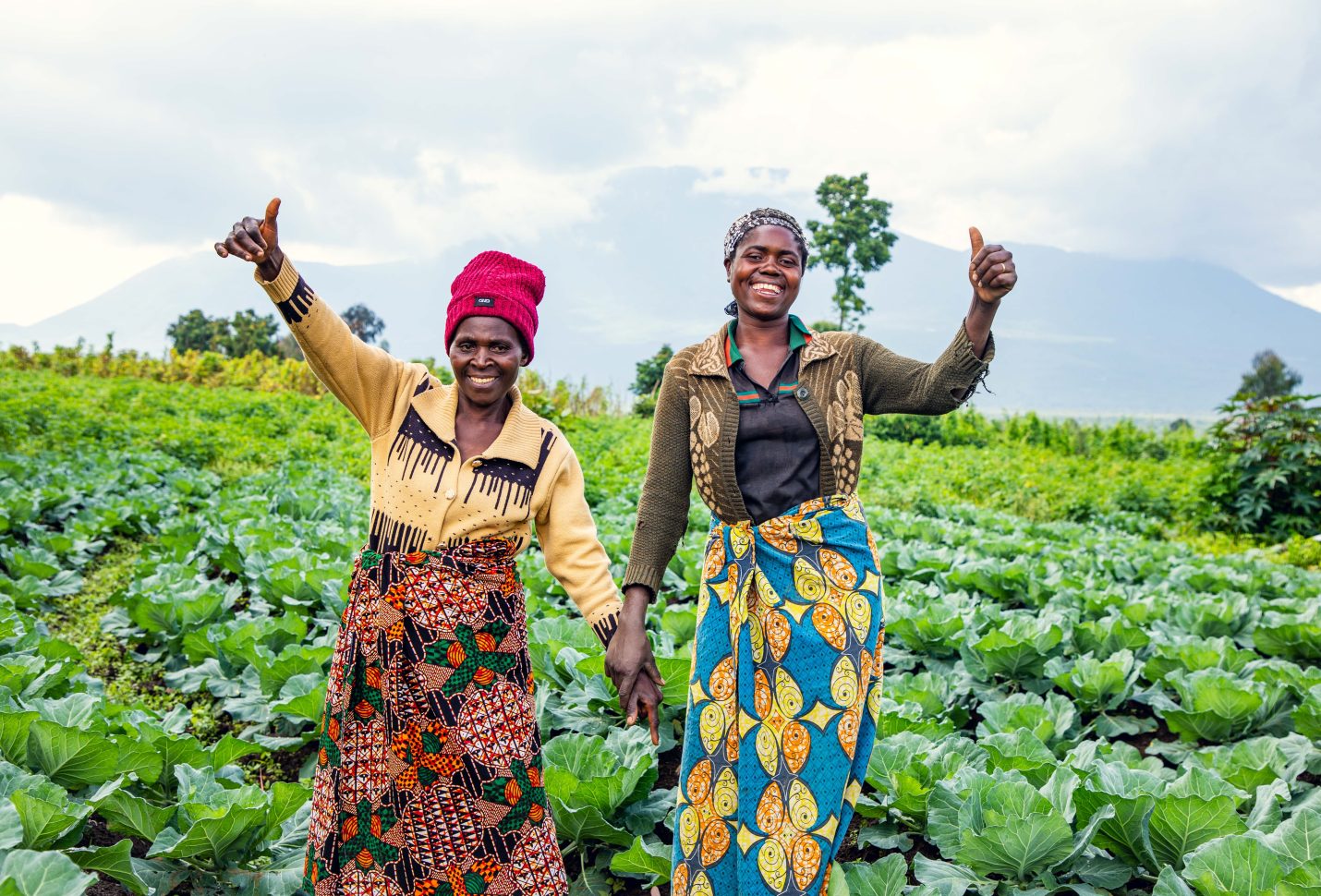
Palm Hills allocates EGP 30 m for backing Egyptian athletes
Palm Hills, Egypt’s leading real estate developer, allocated EGP 30 million for supporting Egyptian athletes under ...

UNDP Administrator Achim Steiner said an additional $ 360 billion per year is needed to achieve gender equality and women’s empowerment across key Sustainable Development Goals (SDGs).
He made the remarks on the International Women’s Day held this year under the theme of “Invest in women: Accelerate progress.”
He said the occasion is a timely reminder that sufficient, well-aligned public and private finance will ultimately determine whether people get food on their plates, jobs or access to education. While global wealth stands at nearly $500 trillion, there is a stark deficit in global finance that intentionally flows towards advancing gender equality – one of the most powerful means to allow people to escape poverty.
Indeed, it is estimated that over two-thirds of global wealth is held by developed countries. The real issue is where money is spent and by whom, and who benefits or not. Driving shifts in four key areas will be vital to reset the financial landscape and ensure that women can enjoy their rights.
First, it is vital to support countries throughout the entire cycle of public finance. Only by having the adequate fiscal space can poverty be eradicated. We need a just global tax regime and truly progressive tax systems that lower the tax burden of low-income communities who are usually poor women.
The UNDP is providing specialized support to ministries of finance globally — from re-thinking the way resources are mobilized through taxation to how budget programs are conceived, implemented, and monitored. And UNDP’s EQUANOMICS initiative supports ministries of finance and tax authorities in 26 countries to make fiscal policies work for gender equality. It includes a Global Learning Lab, which aims to help economists and policymakers to re-think the future of work while equipping them with knowledge to steer the structural shifts we now need.
Second, the world should commit to restructuring the debt of developing countries urgently as part of wider reform of the international financial architecture, which is crucial to allow millions of women and men to escape poverty.
He noted that “We need a debt architecture fit for gender equality too. With dozens of developing countries impacted by the debt crisis, households are the ones absorbing the shock from cuts to social spending and public services, and women’s unpaid labor becomes an invisible subsidy.”
“Third, we need efficient, accountable, and transparent ministries of finance, central banks, and tax authorities. And we must address the fact that many initiatives that advance institutional reforms for gender equality are fragmented, limiting their impact. Indeed, if public financial institutions are not ready and equipped for change, they may not be able to undertake nor maintain such reforms. Comprehensive reforms require more than ad hoc training or segmented investments in parity. There is a need to work with the ecosystem of public institutions. Therefore, efforts like UNDP’s Gender Equality Seal for Public institutions are recognizing ministries of finance, tax authorities and other institutions that are committed to gender equality while preparing them to advance gender-responsive fiscal reforms,” he added.
“Finally, as our world faces its highest levels of violent conflicts since 1945, the lack of financial resources continues to be the most serious and persistent obstacle to implementing the global women, peace and security commitments over the past 15 years. Indeed, in contexts of crises and shocks, women are nearly eight times more likely to be poor compared to men,” he highlighted.
With key partners like UN Women, UNDP will continue to “Invest in Women”, breaking down barriers and bias and ensuring that women can lead. Women, their communities – and indeed our global community – cannot afford to wait.
Palm Hills, Egypt’s leading real estate developer, allocated EGP 30 million for supporting Egyptian athletes under ...
Extreme weather events were the primary drivers in 18 countries where over 77 million people faced ...
Over 100 SDG-aligned projects with a total investment scope of $ 50 billion have been presented during the ...


اترك تعليقا